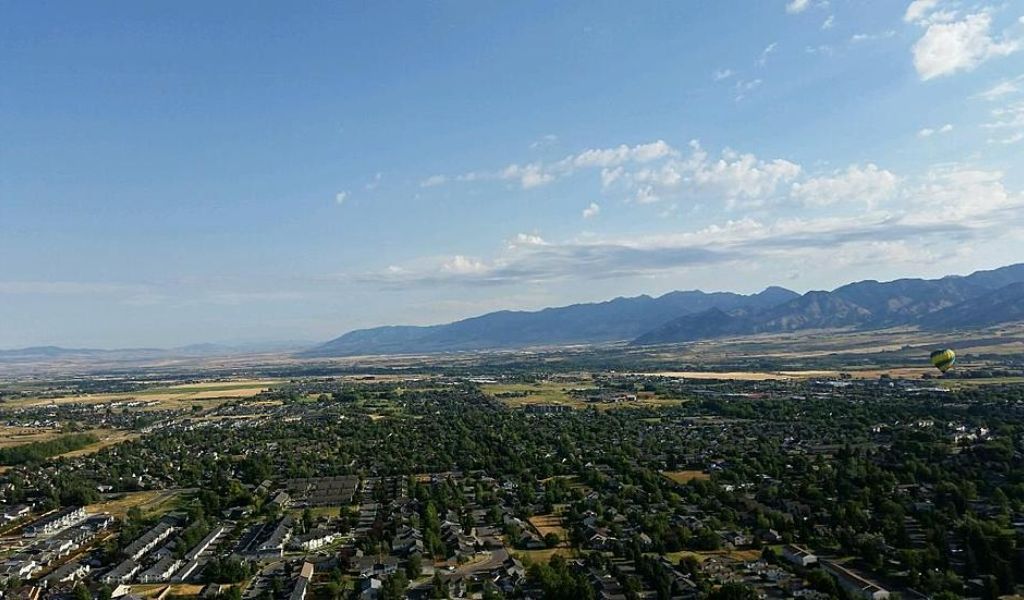Although Montana is well known for its wildlife, scenic landscapes, and outdoor pursuits, not all of its communities are as appealing to locals and tourists as others. Some people deal with serious problems like loneliness, crime, environmental problems, and declining economies. The following five Montana communities are seeing a decrease in population:
Colstrip
Colstrip, a town known for its coal mining heritage, is struggling with the decline of the sector. The town’s tax base and employment are under jeopardy due to the possibility of closure or curtailed operations of its four coal-fired power facilities. Colstrip also faces dangers to human health and the environment from coal ash dumping, air pollution, and water poisoning. Some locals are hoping for a switch to renewable energy sources, while others are looking for work elsewhere.
Browning
With about 3,000 residents, Browning is the biggest town on the Blackfeet Indian Reservation. It struggles with issues like drug misuse, violence, unemployment, and poverty. The town has one of the highest rates of homicide in the state, and there has been a significant rise in the number of youth suicides. Extreme weather, such as blizzards, floods, and wildfires, frequently makes it difficult to get essential goods and services. A lot of people are moving away from Browning in search of better employment and living situations.
Libby
The effects of asbestos exposure have completely destroyed Libby, a town that was formerly known for mining and timber. There was an asbestos-contaminated vermiculite mine in the town, which exposed workers and inhabitants to lung illnesses and cancer. The cleaning of the 2002 Superfund site is still ongoing. People are moving away from Libby in order to avoid health risks and financial difficulties.
Roundup
During the early 2010s Bakken oil boom, Roundup, a rural community affected by the boom and bust cycles of the oil and gas industry, saw a jump in both population and money. But the bust that followed left wells, shops, and residences deserted. Drought, erosion, pollution, and other environmental problems put agricultural and water supplies at even greater risk. In quest of steady and long-term employment, many locals have moved.
Anaconda
The closing of the Anaconda Copper Mining Company in 1980 resulted in an economic downturn for Anaconda, a historic mining town that was once the world’s greatest producer of copper. A Superfund site containing lead, arsenic, and other hazardous elements surrounds the town. In addition, Anaconda has high rates of poverty, opportunity gaps, and economic stagnation. Numerous people have left Anaconda in search of better opportunities.
In Summary
In conclusion, not all of Montana’s villages benefit from the state’s success, despite the state being praised for its outdoor recreation and natural beauty. Each of the five towns—Colstrip, Browning, Libby, Roundup, and Anaconda—faces unique difficulties that contribute to their population decline. The demise of the coal industry has left Colstrip vulnerable to environmental concerns and economic uncertainties, while Browning is beset by social problems, harsh weather, and high rates of crime. Health dangers from asbestos exposure are linked to Libby’s decline, environmental issues followed Roundup’s oil boom, and Anaconda’s economic stagnation followed the closing of the copper mining business. These struggles prompt locals to look for better possibilities abroad, highlighting the wide range of challenges Montanan villages face beneath its picturesque exterior.

